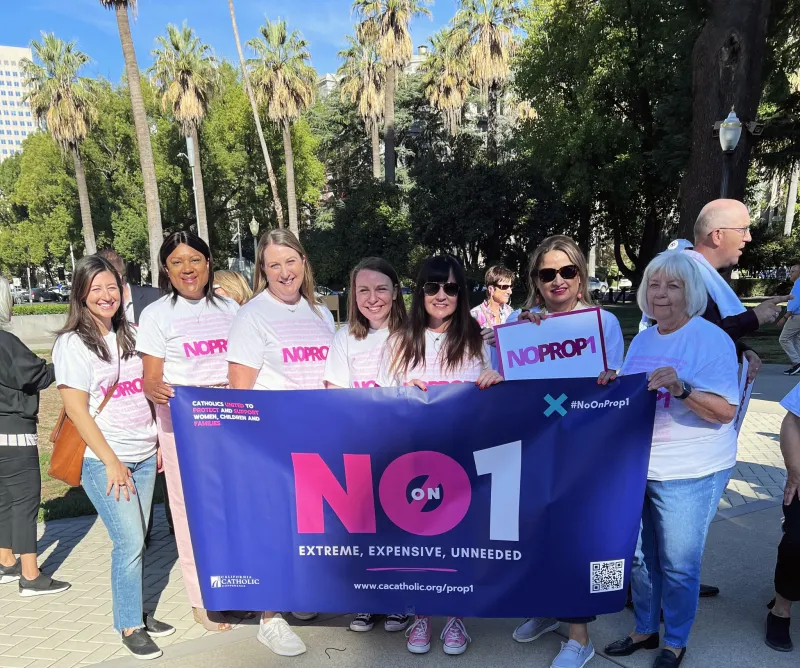
Washington D.C., Apr 12, 2019 / 01:00 pm (CNA).- Former NFL player turned megachurch pastor Derwin Gray has spoken about how his church’s support of a pregnancy resource center was inspired by his own mother’s decision to choose life. Derwin spoke about his personal experience of abortion in an interview this week on EWTN Pro-Life Weekly.
A former linebacker for the Indianapolis Colts, the married father of two studied to become a pastor after leaving the league in 1998. Gray made headlines earlier this year when he announced that his Transformation Church donated had $50,000 to the Women’s Enrichment Center, a pro-life pregnancy resource center in South Carolina.
<iframe src="https://www.facebook.com/plugins/video.php?href=https%3A%2F%2Fwww.facebook.com%2FTCTransformers%2Fvideos%2F337026450239369%2F&show_text=0&width=560" width="560" height="315" style="border:none;overflow:hidden" scrolling="no" frameborder="0" allowTransparency="true" allowFullScreen="true"></iframe>
But Gray said that he was surprised the donation went viral because the Christian church has been working with and serving the pregnancy resource center for several years.
The decision to partner with the Women’s Enrichment Center, Gray said, is a personal one, describing how his mother was encouraged to have an abortion when she became pregnant with him at just 16 years old.
“She went to the school nurse and she said that she was pregnant, and the school nurse said to her, ‘Well, you should go to California where they perform abortions, because this could ruin your life,’” he said. “And so I’m thankful that my mom, in essence, said a cuss word to the school nurse, and said no.”
Gray said his mother only recently shared this story about her pregnancy with him, and her “courageous” decision “influenced my perspective,” showing him how important it is to mentally, emotionally, and spiritually support women and families facing unplanned pregnancies.
.@DerwinLGray, a former NFL player-turned-Christian pastor, joins @EWTNProLife tonight.
His mother rejected abortion at the age of 16 to give him life and he's giving back to the pro-life movement today! pic.twitter.com/rWSHlcuy4Y— Catherine Hadro (@CatSzeltner) April 11, 2019
“Who are the kids that could have been born who are like me, that grew up in an at-risk environment, a troubled environment, and yet God in His grace has used that now to utterly transform my life, and so we just want to be a part of seeing Christ bring Life into the world,” he said.
Christians, Gray said, “should be on the front lines of serving these men and women at pregnancy centers who are right in the midst of it.”
“We should be there providing volunteers, we should be there providing spiritual support, we should be there providing financial support, like, we live in a world where adoption costs thousands of dollars, and an abortion is relatively cheap,” he said. “And so the church has an important role.”
Gray said he’s grateful for the platform the NFL gave him in sharing Christianity, and he wants to “steward that platform well.”
“You know what, the NFL may stand for National Football League, but God’s NFL stands for New Found Life,” Gray said. “And he wants people to live because we are his image-bearers.”
Kate Scanlon is a producer of EWTN Pro-Life Weekly
If you value the news and views Catholic World Report provides, please consider donating to support our efforts. Your contribution will help us continue to make CWR available to all readers worldwide for free, without a subscription. Thank you for your generosity!
Click here for more information on donating to CWR. Click here to sign up for our newsletter.




This reminds me of the Super (Dooper) Bowl a number of years ago when Tim Tebow was in a pro-life commercial in which he revealed that when his mother was carrying him she became ill and was advised to get an abortion but she refused. He concluded with a “Thanks mom” as she came into the picture.
Completely predictably, the baby-killers went absolutely bonkers over the ad.
The FL Gators never seemed the same after Tim Tebow moved on.